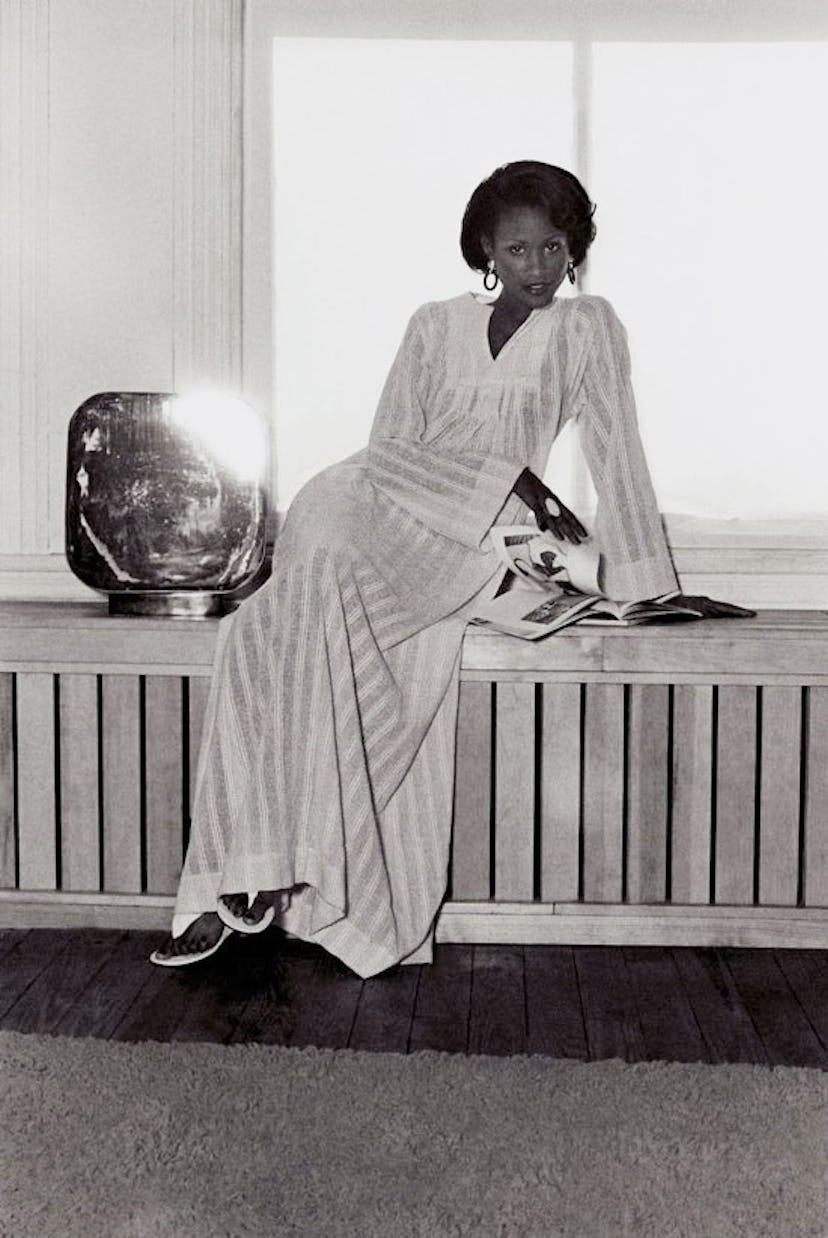Beverly Johnson Recalls Racism On Set: “They Drained the Pool”

In 1974, Beverly Johnson did what the modeling industry legend Eileen Ford had considered impossible: She appeared on the cover of Vogue. It was a milestone, but hardly a breakthrough for Black models—including Johnson herself. Cosmetic companies still turned her down, describing their brands as aesthetically white and blonde. Liquor and cigarette ads, often marketed in predominantly Black neighborhoods like Harlem, were still the only real moneymakers. And with no Black hair or makeup artists on set, Johnson had to turn to DIY solutions like using Vaseline to slick back her hair.
“That Vogue cover made me a legend. At the same time, I knew I was token,” the 67-year-old told People on Monday. “What you have to realize is that I was the only Black girl on every shoot.” Including a particularly memorable one that decade, which took place at a five-star hotel.
“I got into the pool. And all of a sudden, the editor came out and made everybody get out,” Johnson recalled. “They drained the pool. Twenty years later, one of the models told me it was because of me.” (Swimming pools have a long history of racism in America, from segregation to requirements for Black residents to present “health certificates,” proving they were disease-free.) For two decades, Johnson “blocked it out”: “In order to survive, I would make myself not react. Like Teflon.”
Beverly Johnson’s 1974 cover of Vogue.
Johnson did not specify whether the incident took place before or after her Vogue cover, but ’74 hardly marked the end of her encounters with racism in the industry. (And making history for the magazine reportedly didn’t stop it from refusing her an invite to its 100th anniversary party.) She went on to shoot hundreds more magazine covers, though with “significantly lower” compensation than her white counterparts. “I was reprimanded for requesting black photographers, makeup artists and hairstylists for photo shoots,” Johnson wrote in a recent op-ed for the Washington Post. “Silence on race was then—and still is—the cost of admission to the fashion industry’s top echelons.”
“We’re in a business that is supposed to be beautiful, but underneath there is an ugly systematic racism where the industry takes Black culture and trends for their own, pirating our culture, without giving anything back,” Johnson told People. Still, she remains hopeful. “Disruption is uncomfortable, but it means there’s an opening. A crack in the door,” she continued. “The #MeToo movement was Herculean—if we could only do that with race. Because that needle, it really moved.”